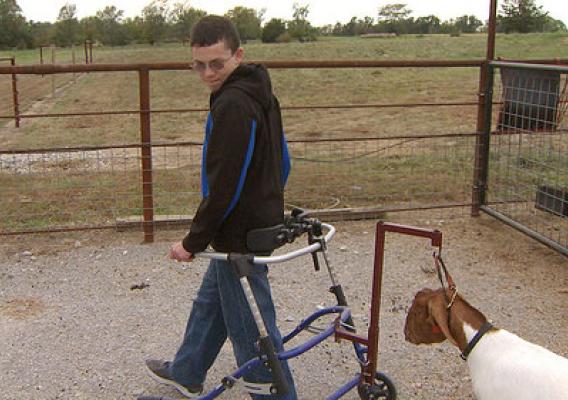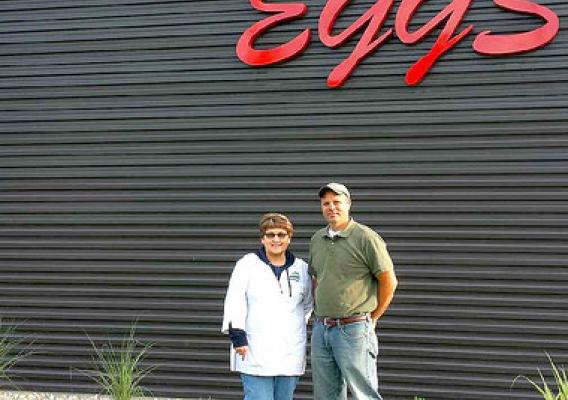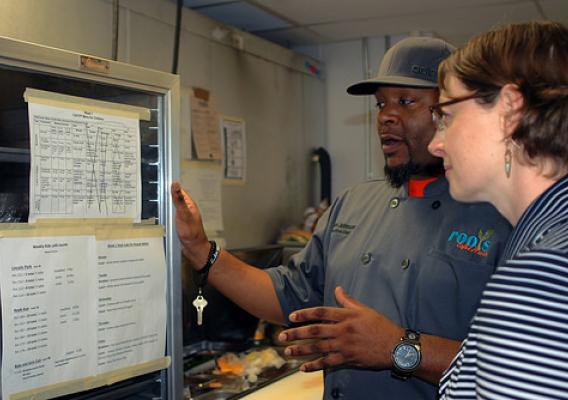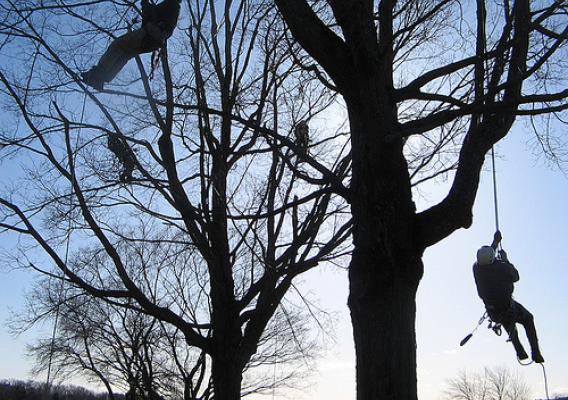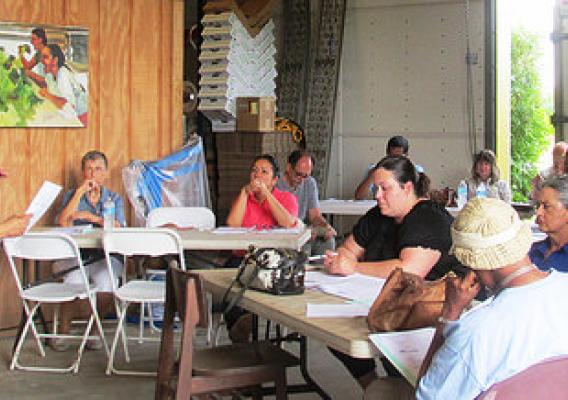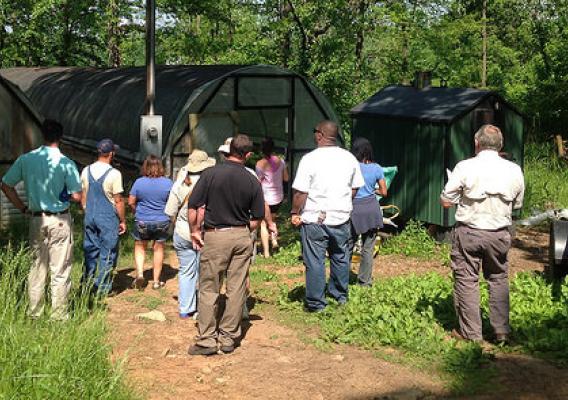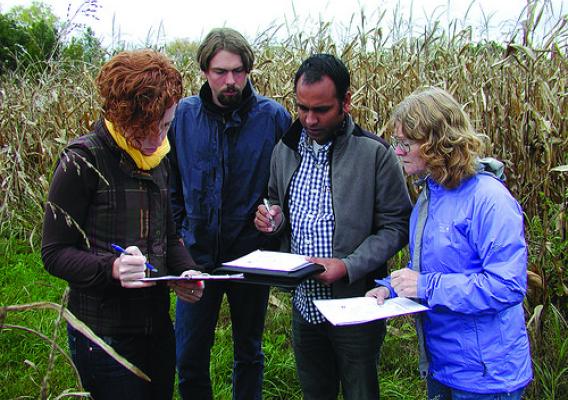Five years ago, Christy Carr seemed like a long shot as a future homeowner. She was a newly divorced, unemployed mom of five, and her credit score was in the 300’s. The home she shared with her children had no heat, no electricity and no running water. A neighbor let Christy run an extension cord to his garage outlet just so that the family could keep the lights on. Since they had no car and only a cooler to keep their food cold, they walked to the store three times a day.
In order to rebuild her life, Christy had to find work and clean up her credit score. After many interviews, Christy was offered a good job at a marketing company. She was able to move into an apartment but it was too small to house all of her children, and her older sons had to stay with another family member. At the same time, Christy brought her student loans out of default and paid off old marital debts. After 18 months, her credit score had risen by 300 points, and she was able to open a credit card secured through her bank.

